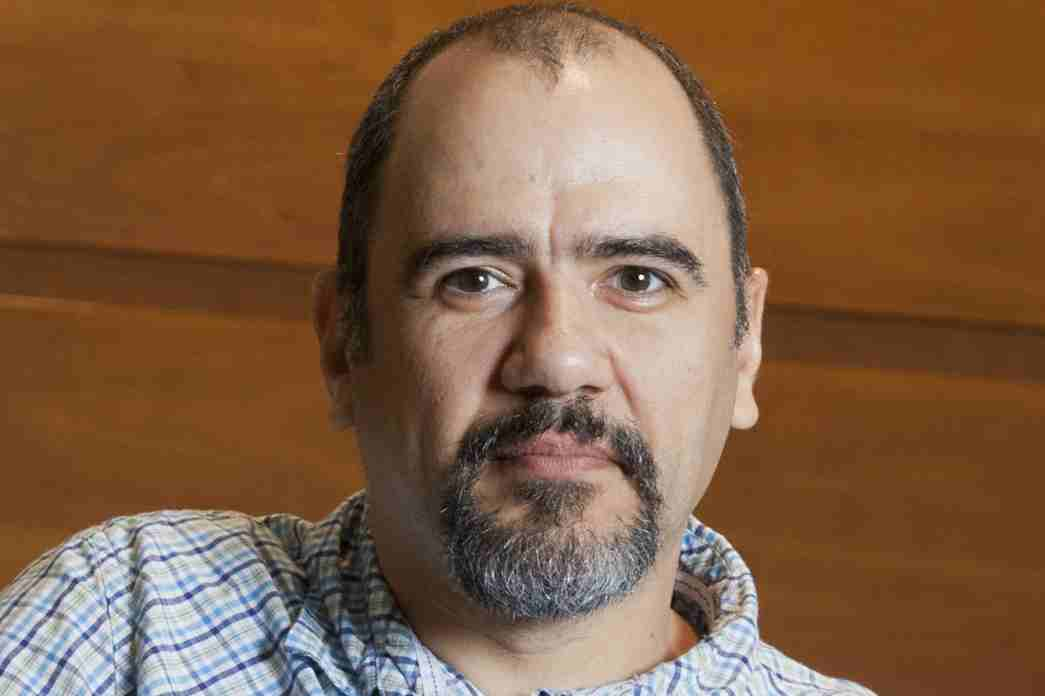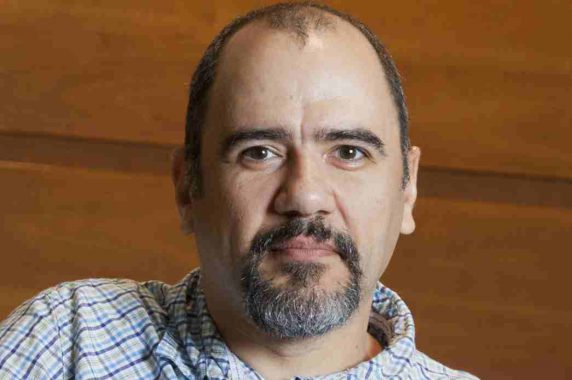
Dr Sam Dawlatly
One of the aspects of the new GP contract recently announced by BMA’s GP committee and NHS England is set to save us all from rising workload.
You might have missed it, because up until this point it’s been kept under wraps by those closest to this latest innovation: social media prescribing.
I’m told it’s a new process that has been extensively piloted in digital vanguard sites around the country.
These exemplars can be contacted by fax, of course, should you require further details of the technical specifications.
I’ve heard it is felt that GPs are ideally placed to offer prescriptions to patients for social media content, as well as training.
How often have you thought, ‘All that is really needed to cheer this patient up is a few cat videos on YouTube?’
Well now a toolkit of social media content will be available through a bespoke, integrated app for participating practices, as well as through ‘social media prescribing LinkedIn workers’.
One GP who took part in the pilot commented that she found the availability of social media content for her patients to be transformative
‘We can now spend half the consultation looking at their Facebook feed and finding things to be positive about,’ she said, adding: ‘Once patients watch one video, they just keep on watching and watching and simply don’t come back.’
How often have you thought, ‘All that is really needed to cheer this patient up is a few cat videos on YouTube?’
Social media can also be used as a treatment modality in itself for anxiety, depression, low mood, hyperactivity, social isolation and diverticulitis.
If a social media need is identified within the consultation, then the toolkit allows the GP to meet that need rather than be frustrated that such an important determinant of health be neglected.
Another GP pioneer involved in the cascade of this high-impact action said: ‘We really feel that Maslow’s Hierarchy needs to be revisited, with social media perhaps being the most basic need of patients today.’
He added: ‘We are working towards changing the model of human needs to a BioPsychcoSoMe model. Several medical schools and GP vocational training schemes have expressed an interest.
‘In the future I envisage a time when we no longer use an electronic records system, but we simply enter the consultation directly onto their timeline.’
Social media prescribing at Lily Road Surgery
Lily Road Surgery in London was one the early adopters and disruptive accelerators of this concept.
In the waiting room their patient information screen was switched to Vimeo and they migrated their practice website to Facebook.
Patients are able to contact a GP or nurse through Twitter – as long as they don’t mind the whole world knowing their issues.
Instead of Skype, they use SnapChat and both clinicians and patients are encouraged to add lens effects to their faces (dogs and bunnies are popular) to create a positive atmosphere.
After each consultation, patients are sent a WhatsApp message with an amusing viral video or motivational meme.
Dr Samir Dawlatly is a GP in Birmingham

















